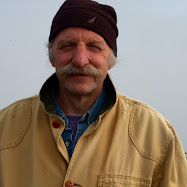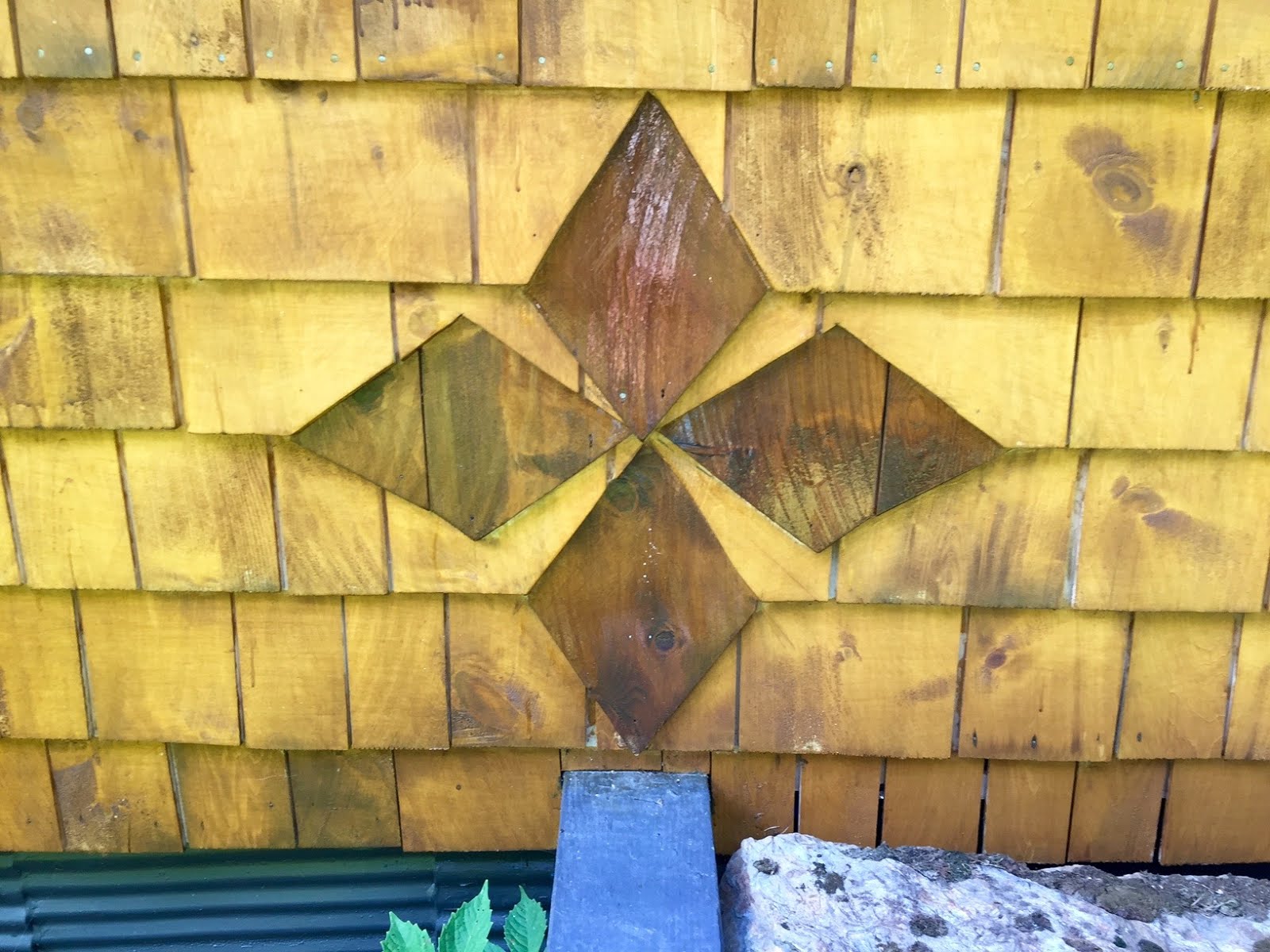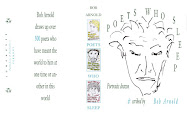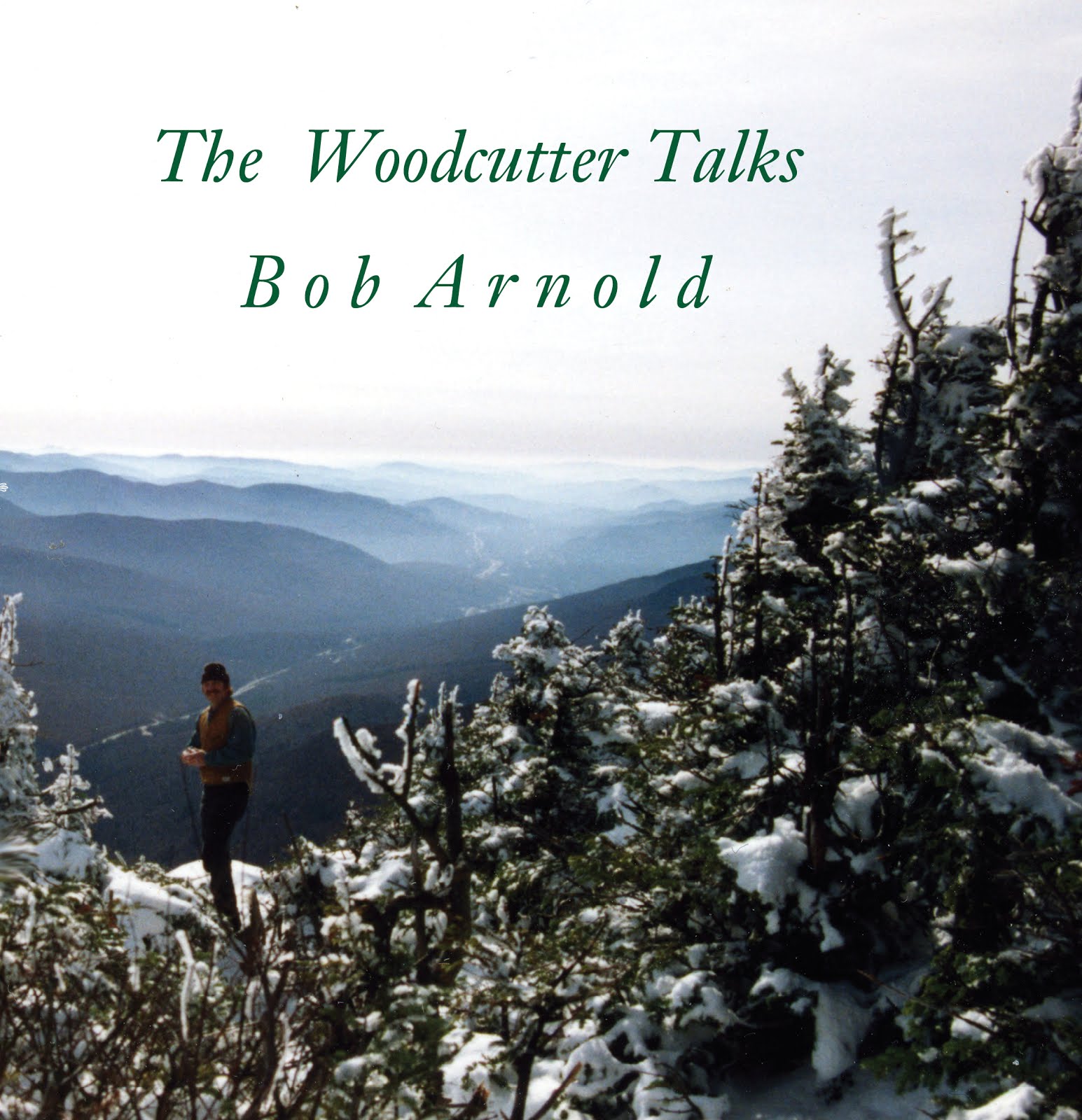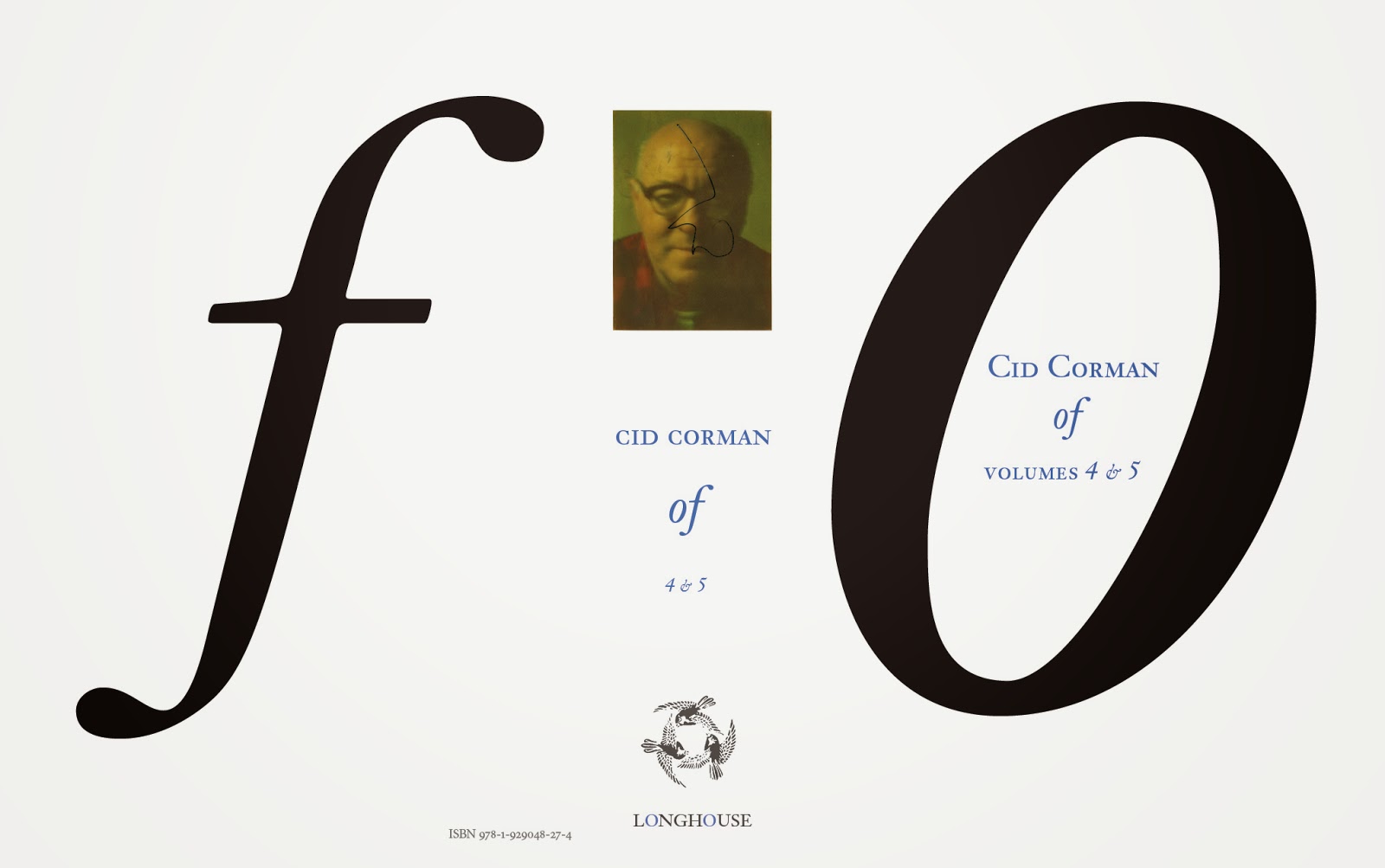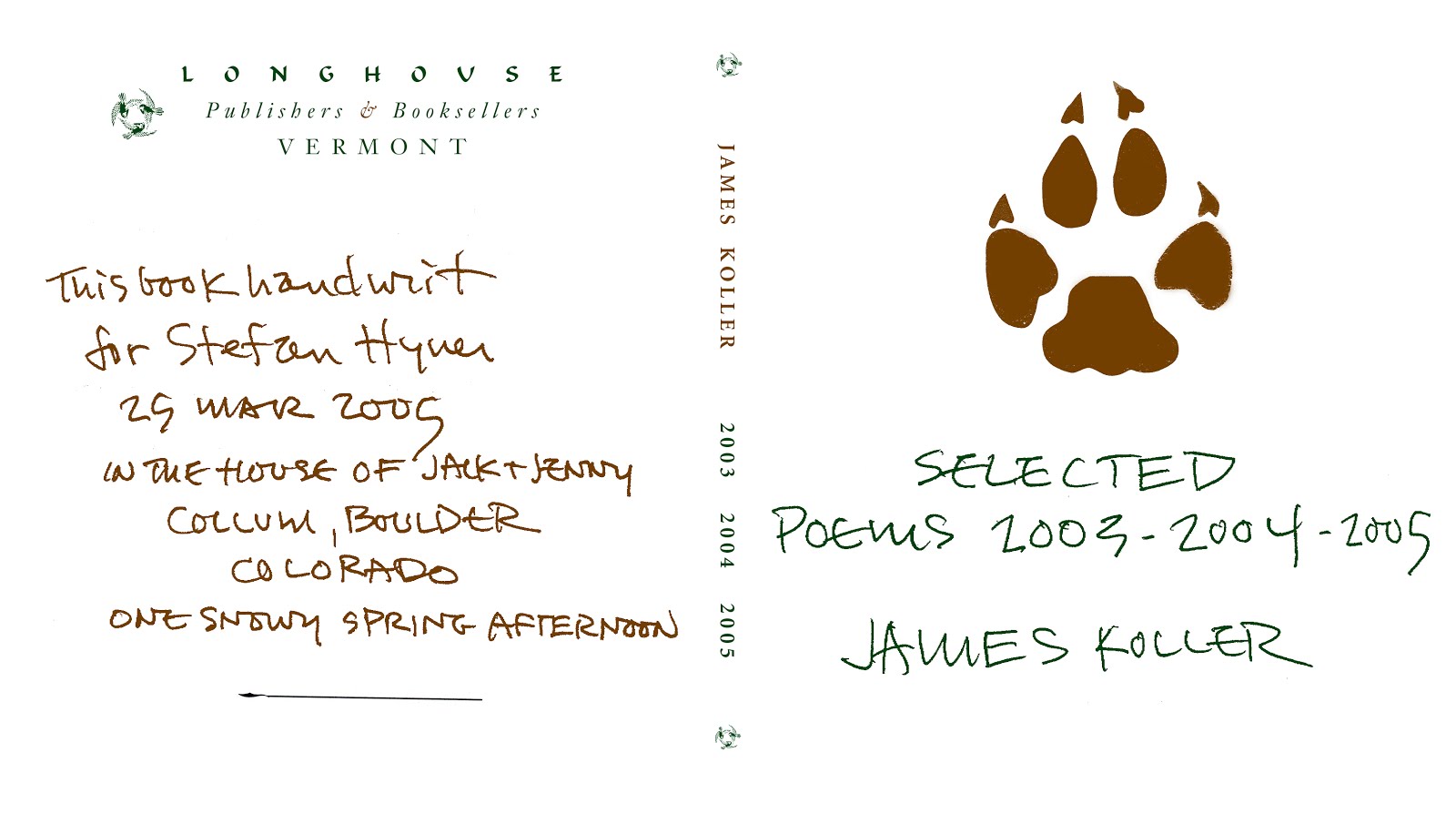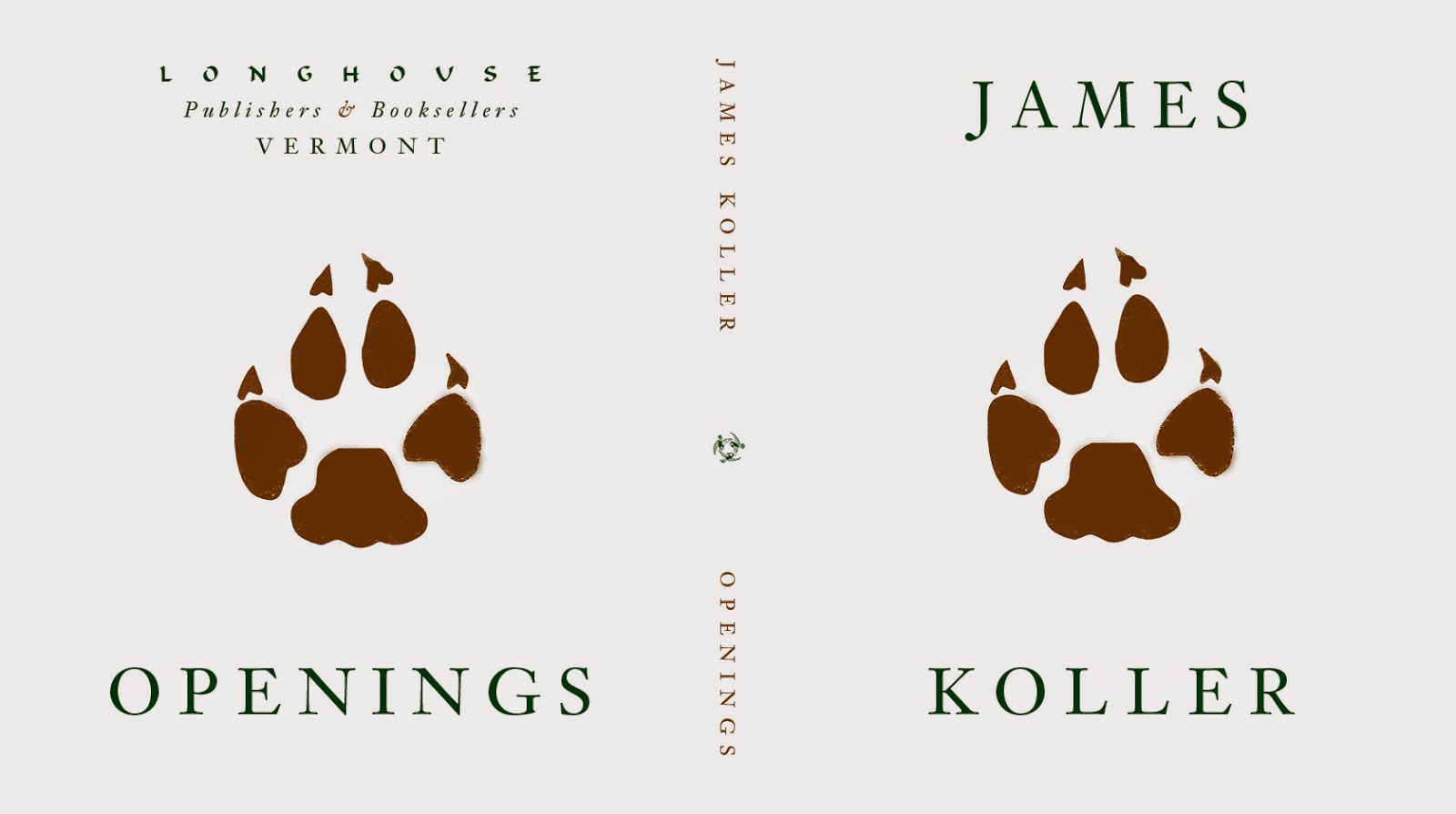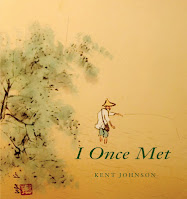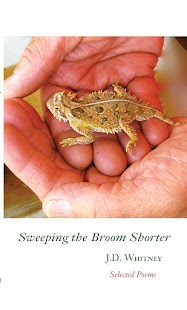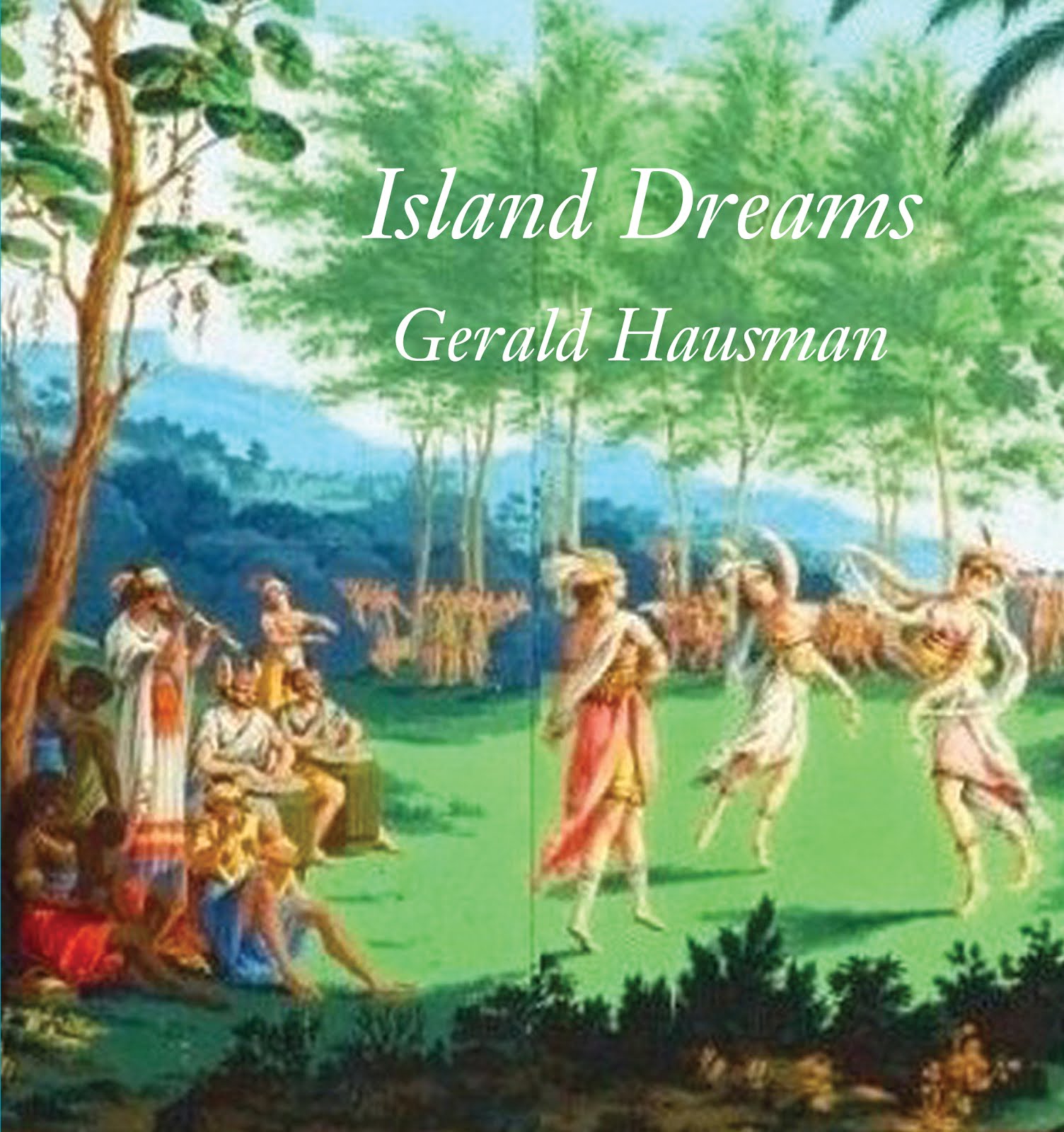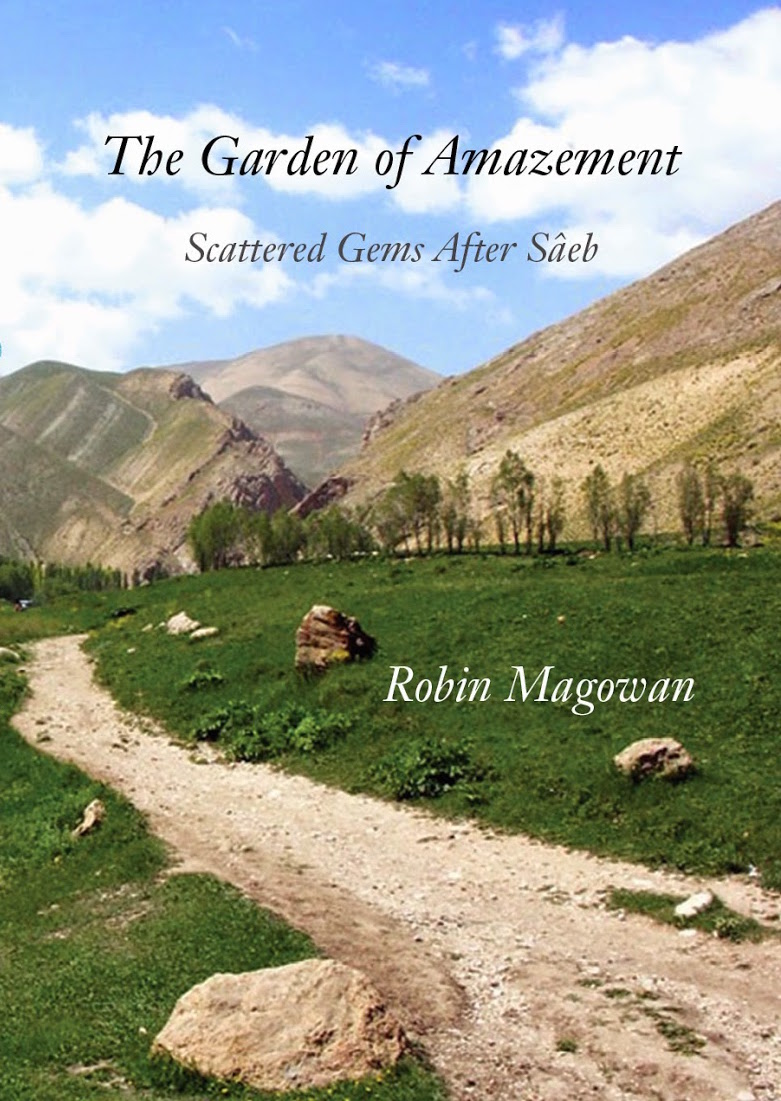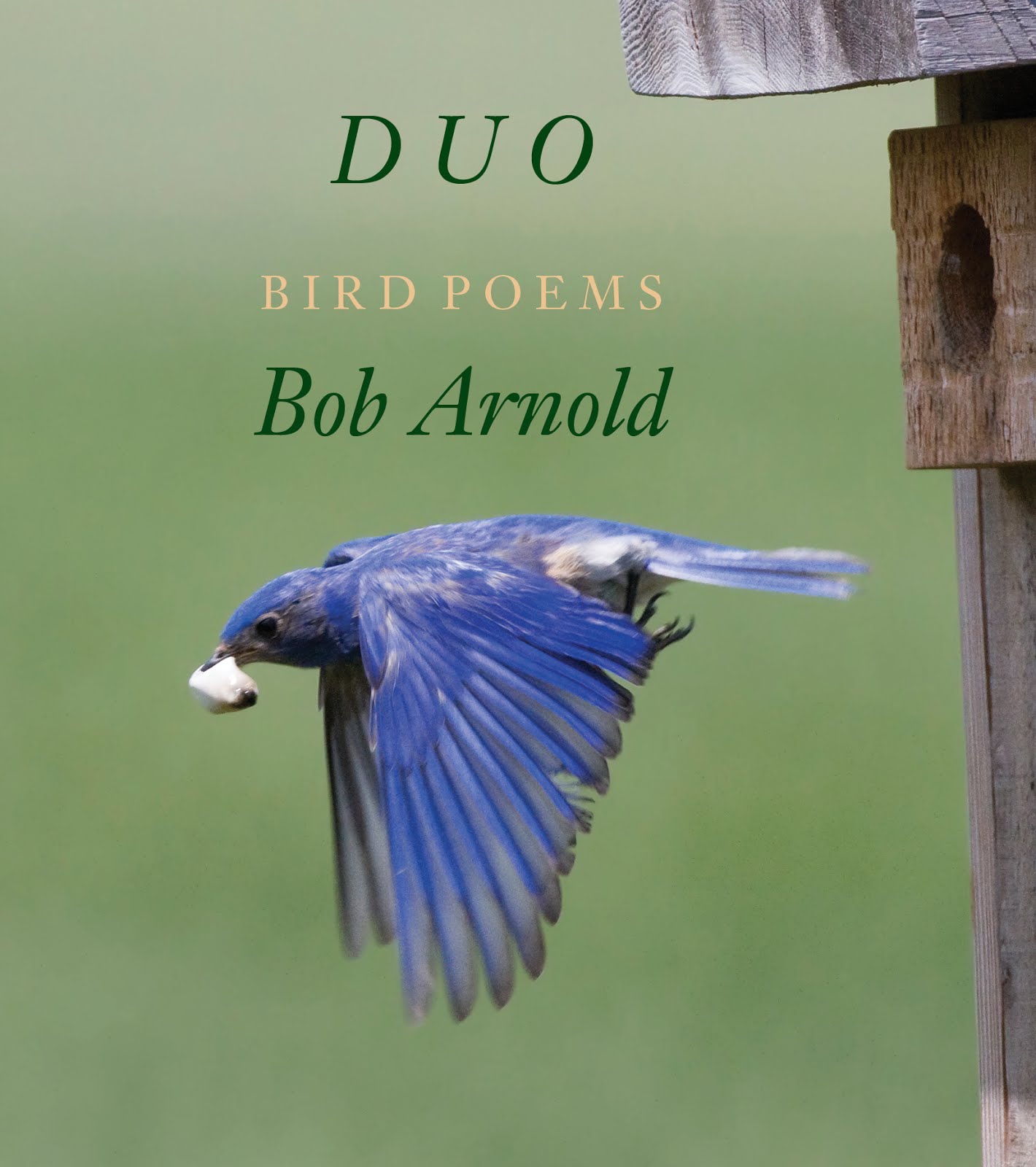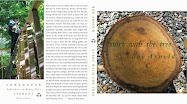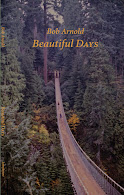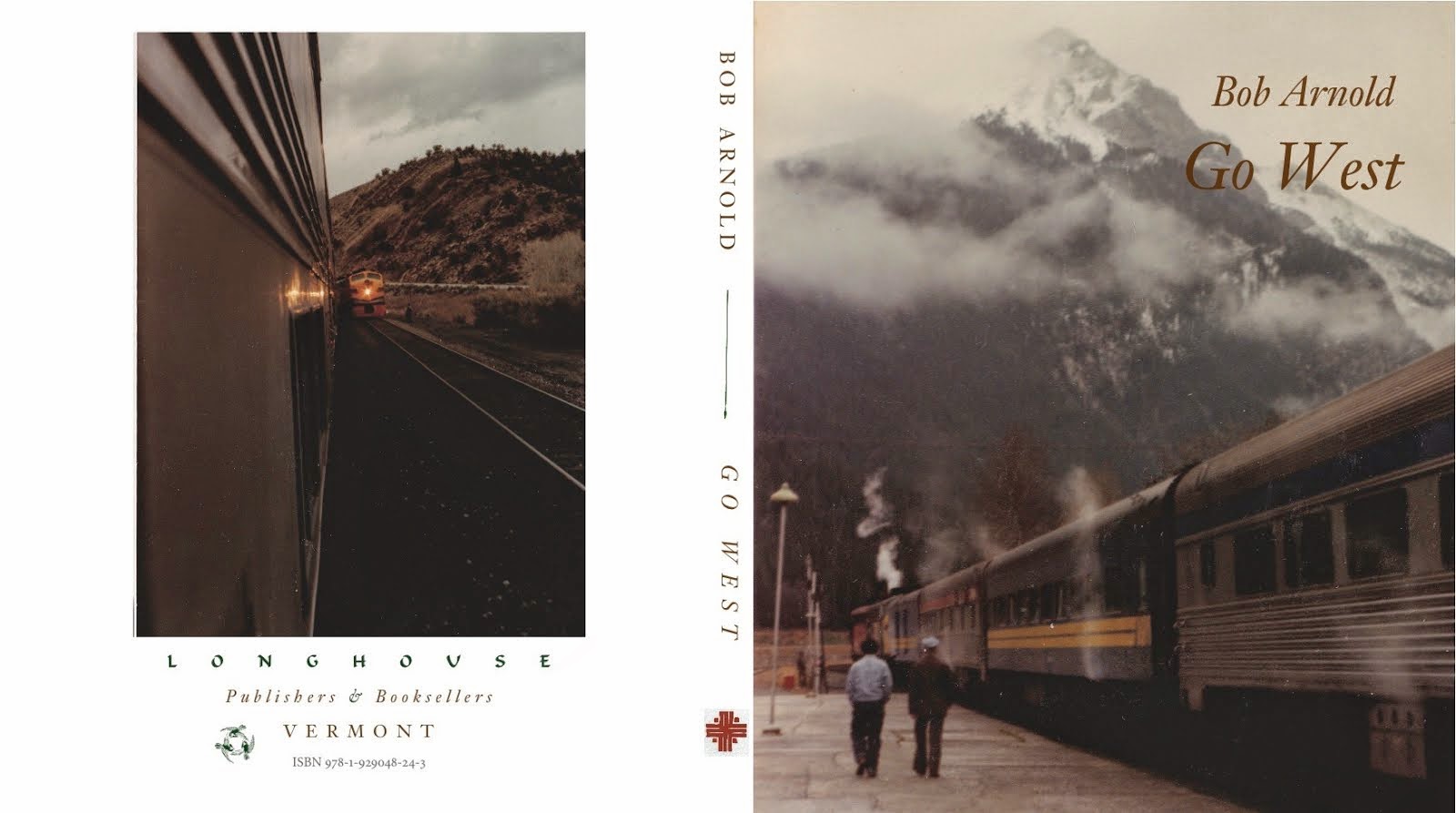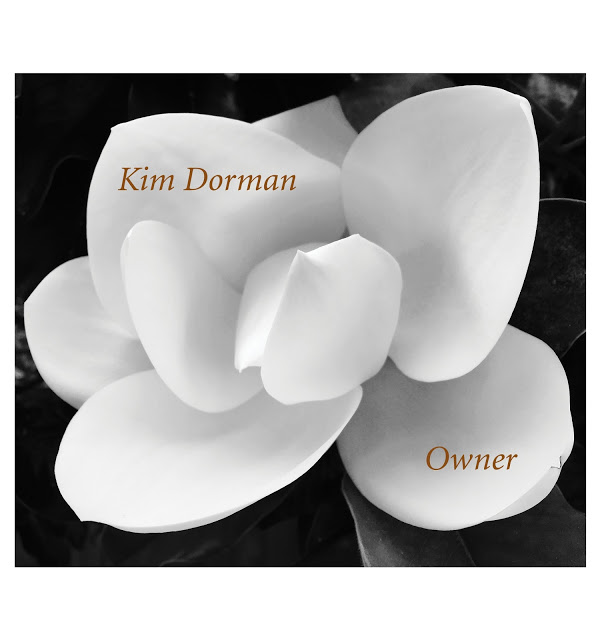
Joseph Massey
Mock Orange
(Longhouse Publishing, 2010)
Late last month as spring began Joseph Massey sat down in Humboldt County, California, where he lives and works, and wrote a sequence of nine poems.
Around March 27th, Massey e-mailed his poems to Bob and Susan Arnold in Green River, Vermont, asking if they’d be interested in publishing them. As you probably know, the Arnolds are the long-time proprietors of Longhouse, a small scale / big vision publishing and bookshop operation.
The Arnolds said, “Let’s do it” and then did,
justlikethat. Over the next few days, they designed, printed, neatly glued, and otherwise did what was needed to get Massey’s poems out to the world. On April 7th, the resulting three color fold-out booklet (4.5" x 3") with wrap-around band was listed for sale on the Longhouse web-site. That same day, I ordered up two copies, using Paypal to transfer the cash.
Longhouse must have filled and sent my order quickly (no surprise there!) because yesterday (Monday, April 12th) the mail carrier delivered their business-sized envelope to me at work in Berkeley. Massey’s
Mock Orange – that’s the title of the work – was in hand.
How’s that for blending a bit of the timeless (the diligence of poet and publisher), the new (the internet), and the old (snail mail) to bring about something quick (really!) and really (really!) good? I mean, it’s less than three weeks since Massey sat down and wrote
Mock Orange. And yet here are his poems, in a beautiful little booklet, having traveled from California’s North Coast to Southeastern Vermont then back across the country to the Bay Area. Wow! Belatedness be damned!
+(+)+
I’m nuts for Massey’s writing. Last April I wrote about his
Areas of Fog (
click here, if you please), and later included it on my list of the year’s top five poetry books (
click here). I also called his
The Lack Of, published in December, the chapbook of the year (
click here and scroll down a touch).
So when
Mock Orange arrived, I read it right away. It didn’t take long: its nine untitled poems range from four to ten lines. I read it again on the train coming home, and a few times more last night. Getting up this morning, I decided to do this post tonight, fast as I could, to honor the spirit of this (really!) quick and really (really!) good book (well, at least I’m quick).
+(+)+

satellite view -- Arcata (in fog), the bay, the ocean
Massey’s poems, and those in
Mock Orange are no exception, mostly come from the particular place he’s at, the actual geographic/physical location. He lives in what might rightly be called an adequate enough shack (I visited Massey there last fall, for a couple hours), situated on a rise or hillock just a mile or two from Humboldt/Arcata Bay, and a bit further from the Pacific. He can walk to the center of Arcata, and via bus or other ride get to Eureka, the county seat a few miles south. Many perceived particulars, from right at or near home or the more general area, get into and maybe sometimes give rise to his poems.
But Massey’s poems also come from the particular place he’s at with regard to – among other things – modes of perception, ways of thinking, maybe how he feels, and approaches to making poems. This mix of what’s within (the head, the emotions, the words) and without (things perceived) is of course what it’s all about. As Rae Armantrout has said,
“The best poetry is looking outward and inward at the same time. A poet, like any artist, just doesn’t feel satisfied with the world; a poet has to answer the world, not just be a passive receiver.”+(+)+
The results of this outward/inward mix, in Massey’s work, are usually intense. Because the poems are short, there’s no wandering or fluff. They are hot. The poems are also intense because – follow me here – Massey has a particular attraction for particulars that convey some particular moment. His poems, including those here in
Mock Orange, seem mostly to convey a moment, one of (to list some that I sense in these poems) definition, recognition, loss, doubt, and wonder.
Ultimately, all the possibilities of the mind and the world might make a poem for Massey, if there’s something that gives rise to it. He gives special attention, I think it fair to say, to moments of thought, of perception. It’s like each poem, no matter how small, is a double-shot of some intense instant, realized in words. It’s very invigorating, a rush of specificity and alertness. This is all the more special here because it all comes from just about
right now -- this spring -- just a few weeks ago.
+(+)+
I’m going to share and discuss a bit just one poem from
Mock Orange. I don’t want to give away Massey’s (or his publisher’s) goods, and I want to keep this post quick, in the spirit of the poem-writing and booklet-making. Here’s the fifth poem in the sequence, one of the shortest of the nine. The poem has two primary images, with a kind of pause in between, and so it works in a way that is similar to haiku:
docks swallowed
--------------------in fog—
a transient talks
--------------------into a pine cone—
Now that has one heck of a (call it killer) final image: who can’t picture the street person there? This poem works mostly in the frisson and maybe friction between that image and the one that precedes it. I’m not going to parse it out fully (and probably couldn’t even I wanted to) but somehow the two images seem to go together. Part of it is Massey doing a bit of sleight of hand (and eye), putting the same extended hyphen at the end of each line, resulting in an unusual visual rhyme -- the punctuation -- that links the two couplets (those hyphens also permit the respective images to remain open, forever). There’s also a connection given the rhyme of “docks” and “talks,” and perhaps also in the anatomically close pharyngeal / laryngeal locus of “swallowed” and “talks.” There’s also in both images, and maybe this is the most significant link, disappearance: the docks into a mist, the words into the cone. What sub-surface elegance there, in that uncommon juxtaposition!
And maybe that’s what this poem is about, a moment of connection between the two seemingly disparate observations. But there also seems to be a tension between the two images. The second image is unexpected after the more traditional poetic image that comes first. The disjunction’s fairly severe, actually. Reading it several times the last two days, I sometimes laugh at the weirdness of it, of the idea of somebody talking to a pine cone popping into the poem there. Yet talking to a pine cone might not be so funny, in that it may be a snapshot of (let’s say) schizophrenia. As such, it disturbs too. Does Massey suggest, or at least ask us to consider the possibility, that “docks swallowed / in fog—” is as much a delusion as talking to a cone? Is this a poem about doubt, with the second image undercutting the poeticizing of landscape embodied in its first image? Hmm. So it goes in these poems, seemingly simple but with possibilities coming through once the reading gets close and the ideas start spinning.
+(+)+
There are eight other poems in
Mock Orange, and each is a – forgive me, I’ve used the following term before about Massey’s poems, but it works here too – a gem. There’s one – # viii – that can be read as one short (eight line) poem or almost as three separate smaller poems, given how it’s arranged and spaced; the shape neatly matches the perception presented. Another (# iv) convincingly turns the afternoon haze into a kind of ocean surf. Two others (# vi and the final poem, # ix) show how an observation, something seen, can animate the most unassuming of places, at least (especially) if the poet’s words can get it down right. And these are just a part of this really (really!) good and (really!) quick booklet.
+(+)+
Endnotes
The description regarding the writing and publication of
Mock Orange is based on information found in Joseph Massey’s April 7, 2010 blog post (
click here and scroll down), and Bob Arnold’s April 11, 2010 blog post (
click then scroll here, if you please).
Mock Orange is available at the Longhouse website (
click here, it’s the sixth book down from the top). The price is $8.95 plus $2.00 for shipping/handling in the US. It’s also available via ABE (
click here), although with a higher shipping charge.
+(+)+
++(+)++
+(+)+

















































